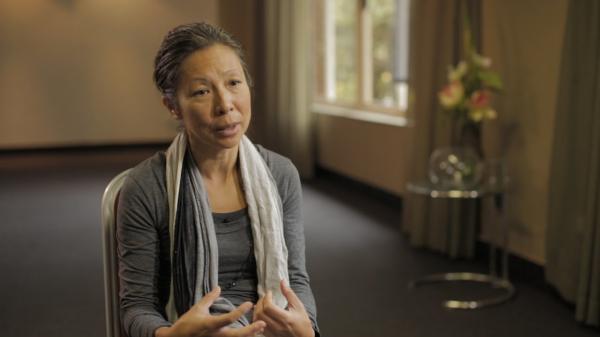Key questions & history taking
View transcript
Key Questions & History Taking
Dr. Mona Marabani
Rheumatologist
President, Australian Rheumatology Association
Now there are a hundred and twenty different kinds of arthritis so it’s a challenge for the GP to get on top of this; particularly in one short consultation. So it may be the decision is made to try some simple treatments or do some simple tests to start with and the GP then gets you back quite quickly.
Linda Bradbury
Nurse Practitioner, Rheumatology, University of Queensland
President, Rheumatology Health Professionals Australia
He’s then going to have a look at you and have a look at the joints that you’re talking about and work out where the joints are and what’s painful to you. So it will be a combination of having a chat, having a look at your joints.
Dr. Marina Kang
General Practitioner
So I like to examine them by looking at their joints specifically, their main concern. Perhaps looking at the rest of their joints and doing an overall examination to make sure they don’t have a fever, that there’s no other external signs that might be affecting their heart, their lungs, their bowel, their skin, their joints, their nerves.
Linda Bradbury
Nurse Practitioner, Rheumatology, University of Queensland
President, Rheumatology Health Professionals Australia
The GP will also listen to your heart and lungs and also check your blood pressure. Again all very important things, not only in the general examination, but also may be pointers to actually what’s going on with your joints as well.














